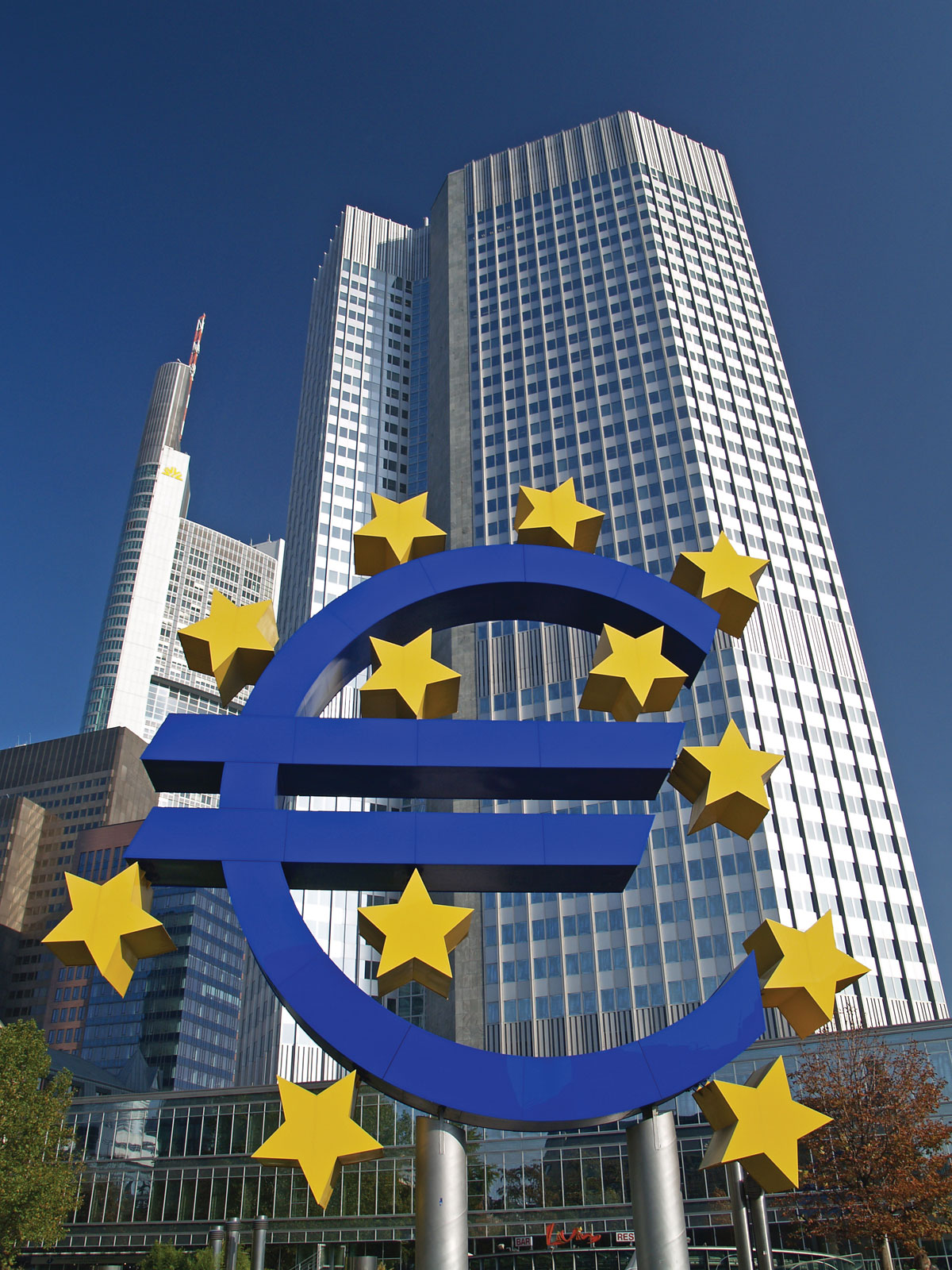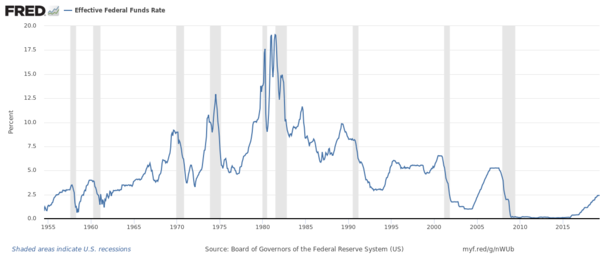European Central Bank Ramps Up Asset Purchases in Light of Pandemic
On June 4, 2020, the European Central Bank (ECB) announced it would increase its envelope of asset purchases by €600 billion to a total of €1.35 trillion. The increased purchases will further the central bank's policy of monetary easing in order to help households and businesses deal with the economic…


